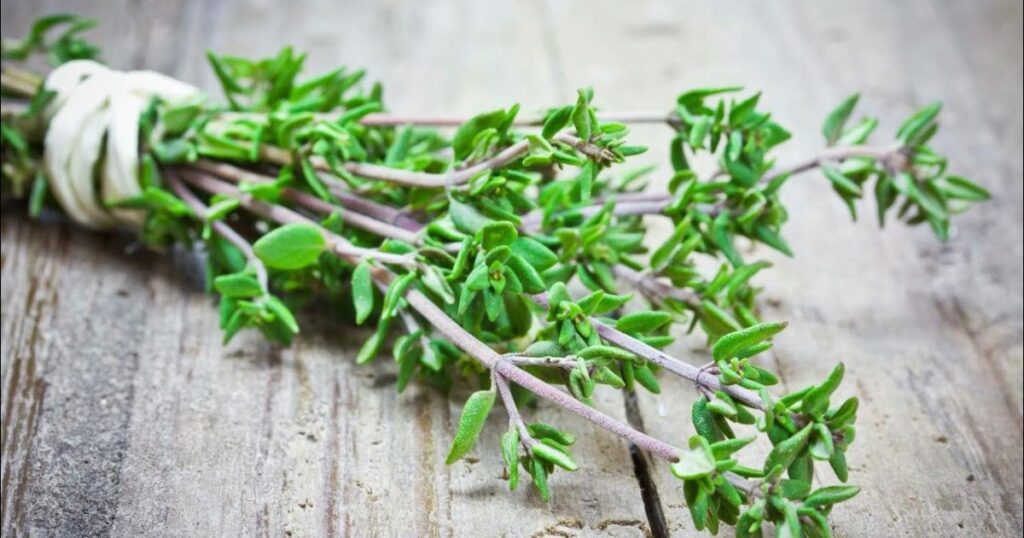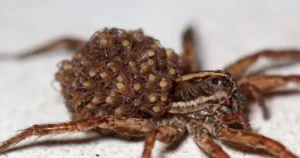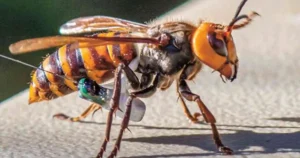Insects can be a nuisance, and chemical repellents often have harmful side effects. Thankfully, nature provides an alternative—herbs that repel bugs effectively while offering a pleasant aroma and additional health benefits. These natural remedies are eco-friendly, safe, and easy to use, making them ideal for homes, gardens, and outdoor activities.
Let’s explore the top herbs used as insect repellents, their benefits, and how you can incorporate them into your lifestyle.
Why Use Natural Insect Repellents?

Chemical insect repellents are effective remedy but often come with health and environmental concerns. Many contain DEET, a synthetic chemical linked to skin irritation and potential toxicity. On the other hand, natural herbs offer a sustainable and safer way to repel insects without harmful side effects. They are biodegradable, less intrusive to wildlife, and contribute to a healthier environment.
Top Herbs That Naturally Repel Insects
1. Lavender
Lavender is not only known for its calming properties but also its ability to repel mosquitoes, moths, and flies. The sweet aroma of lavender masks the scent of humans, making it difficult for insects to locate their prey.
How to Use:
Plant lavender in your garden or place dried lavender sachets near windows and doors. You can also use lavender essential oil in a diffuser or mix it with water for a homemade spray.
2. Citronella
Citronella, often used in candles and sprays, is highly effective against mosquitoes. This tall grass contains citronellal, a compound that disrupts the insect’s sensory mechanisms.
How to Use:
Grow citronella in pots around your patio or extract its oil for use in candles and sprays.
3. Basil

Basil is a culinary herb with the added benefit of repelling mosquitoes and flies. It contains essential oils like estragole and citronellal, which are natural insect deterrents.
How to Use:
Keep potted basil plants on your kitchen windowsill or in your garden. Crush a few leaves to release the scent for added protection.
4. Mint
Mint’s strong scent is disliked by mosquitoes, ants, and flies. It also doubles as a refreshing herb for teas and recipes.
How to Use:
Grow mint in containers to prevent it from spreading uncontrollably. Use fresh or dried leaves as a natural repellent in sachets or sprays.
5. Rosemary
Rosemary is a woody herb with a robust aroma that deters mosquitoes and other insects. Its oils can also prevent infestations in stored grains.
How to Use:
Burn dried rosemary sprigs in outdoor fire pits to keep bugs at bay or use its oil in diffusers indoors.
6. Lemongrass
Lemongrass contains high concentrations of citronella, making it an effective mosquito repellent. Its fresh citrus scent also makes it a favorite for home gardens.
How to Use:
Plant lemongrass around your home or extract its oil for sprays and diffusers.
7. Thyme

Thyme’s essential oils, particularly thymol, repel mosquitoes and other pests. Its hardy nature makes it ideal for outdoor gardens.
How to Use:
Crush thyme leaves and rub them on your skin for natural protection or grow thyme in your garden to act as a bug barrier.
8. Sage
Burning sage produces a fragrant smoke that repels mosquitoes and flies, making it perfect for outdoor gatherings.
How to Use:
Burn dried sage bundles around your seating area or add sage leaves to your garden for continuous protection.
9. Eucalyptus
Eucalyptus oil is a well-known insect repellent, especially effective against mosquitoes. Its active compound, cineole, provides long-lasting protection.
How to Use:
Use eucalyptus oil in sprays or diffusers, or grow eucalyptus plants in your garden for a natural barrier.
10. Marigold
Marigolds contain pyrethrum, a compound often used in insecticides. These bright flowers are effective against aphids, mosquitoes, and flies.
How to Use:
Plant marigolds in your garden to protect other plants and create a vibrant, pest-free environment.
Benefits of Using Herbs as Insect Repellents
Eco-Friendly
Herbs are biodegradable and do not contribute to chemical pollution, making them an environmentally responsible choice.
Multifunctional
Many repellent herbs also serve culinary, medicinal, or decorative purposes, adding value to your garden and home.
Cost-Effective
Growing your herbs is a one-time investment that provides long-term protection against insects.
How to Maximize the Effectiveness of Herbal Insect Repellents
- Combine Herbs:
Mixing herbs like lavender and citronella can enhance their repellent properties. - Regular Maintenance:
Trim plants regularly to encourage growth and release fresh scents. - DIY Solutions:
Create sprays, candles, or sachets using herbal oils and dried leaves for targeted protection.
Conclusion
Natural insect repellents offer an effective, safe, and sustainable way to combat pests. By incorporating herbs like lavender, citronella, and basil into your lifestyle, you can enjoy a bug-free environment while contributing to a healthier planet. Whether you grow these herbs in your garden or use their oils and extracts, they are a versatile and eco-friendly solution.
FAQs
What is the best herb for repelling mosquitoes?
Lavender and citronella are among the most effective herbs for repelling mosquitoes due to their strong, masking scents.
Can I grow insect-repellent herbs indoors?
Yes, herbs like basil, mint, and lavender thrive indoors when placed near sunlight and watered regularly.
Are herbal repellents safe for pets?
Most herbs are safe for pets, but avoid using essential oils directly on animals as they may cause irritation.
How long do herbal repellents last?
The effectiveness of herbal repellents depends on the method used. Fresh leaves or oils need to be reapplied every few hours for continuous protection.

James William is a passionate animal lover and expert in the Animals and Pets niche. With years of experience in pet care, wildlife studies, and blogging, James shares practical tips, heartwarming stories, and expert advice to help pet owners build stronger bonds with their furry, feathered, and scaly companions.








